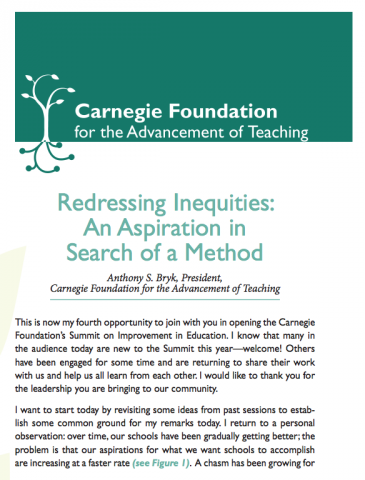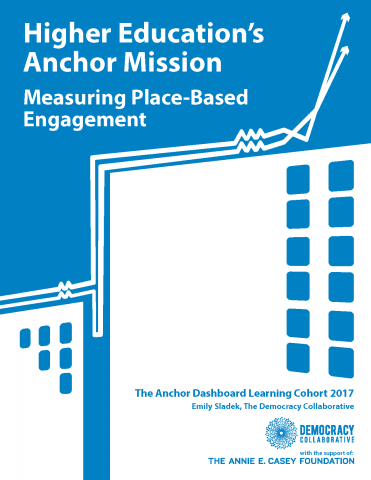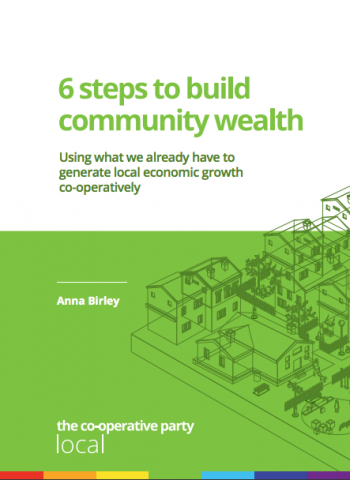As part of its 2024 Strategic Plan, University of San Diego (USD) publicly committed to embrace an anchor mission by engaging communities in deep, democratic, and meaningful partnerships that reflect a shared vision and collaborative effort. A large part of the University’s current community engagement work is led by its Mulvaney Center for Community, Awareness, and Social Action and focused on the nearby community of Linda Vista, where over 80 students support community organizing efforts, serve as mentors and tutors, and provide community-based health care. In 2011, the University launched its Changemaker Hub to help students, staff, and faculty develop skills needed to foster solutions that can create positive social impact. From 2016-17, the program sponsored 20 events that empowered 1,255 students to develop new ways to solve pressing local and global challenges.


